Living in Beta: One Stone’s Pilot Results Are In
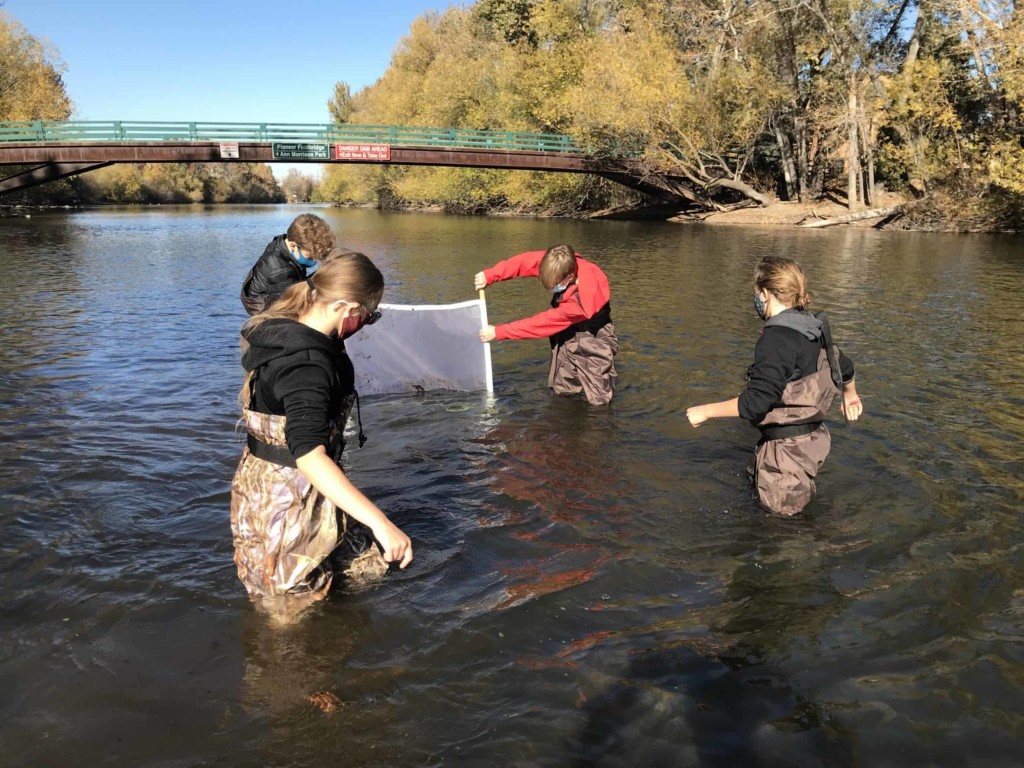
“This program is what school would look like if I designed it myself.”
“I’m really excited to share this with other students. It’s exactly what we need to make school feel relevant — and we’re doing something that really matters.”
When we hear these quotes from high school students, we know that something is working given the typically low engagement rates of adolescents.
Research points to the power of autonomy, mastery, and purpose to motivate all humans and approaches such as Ikagai, a Japanese term for “a reason for being” improving long-term outcomes.
In high schools across the country, the concept of purpose finding remains elusive and relegated often to career pathway surveys, outside influences (i.e. parents or community), or occasional reflection exercises in an English class.
Pilot Results
But what if purpose making was at the core of the high school learning experience? In a Fall, 2020 blog post, we described the launch of Living in Beta – an innovative, purpose-finding advisory launched by One Stone in Boise, Idaho. Despite the challenges of COVID-19, Living in Beta completed a successful pilot this past spring with nine schools and 250 students from a mix of non-profit, public and private learning organizations.
Great pilots are learning experiences and the active data collection will inform the next iteration of the program. Positive results emerged at all levels from Living in Beta this past spring.
Designed activities have a significant impact on student engagement in and beyond the classroom. Students who participated in the pilot program reported an increase in classroom engagement by 9.6%, an increase in passion for learning by 9.7%, and a sense of learning’s relevance by 11.6%.
Students who engage with Living in Beta activities report that they feel more prepared for life after high school. Anxiety surrounding students’ sense of preparedness for life after high school decreased by 7%, and students felt 8.7% more prepared for the “adult” world.
Finally, students who engage with Living in Beta report higher connectedness to classmates, teachers, and communities. Upon completing the pilot, students reported a 14% increase in connectedness.
When we think about the long-term benefits of feeling purposeful on good health and longevity, these results point to the importance of programs like Living in Beta.
Key Learnings
But what was learned? Every good pilot should also be “living in beta” itself. Key learnings for the program included:
- Implementation length is critical. Longer implementation has stronger results than shorter implementation. Time to reflect, build on ideas, and converse with peers and mentors increase success.
- Students need to understand the concept of purpose. So often, education is a compliance-based approach, and young people are not asked nor do they understand purpose. Clearly helping students develop an idea of purpose increases successful implementation.
- Coaches need to know how to successfully engage with students. It is not enough to just provide the resources to the students. Adult mentorship, facilitated engagement, and conversation supports stronger outcomes.
- Professional development matters. As with any new program, directed professional development for the coaches who implement matters for long-term outcomes.
Additionally, important site-level conditions increased outcomes. These include dedicated time during the week for Living in Beta work and a commitment to a long duration implementation. Since purpose finding is unique to each individual, the final results, articulated in the Curation of Me presentations, are unknown at the start of the program. The four Living in Beta phases – Exploration, Discovery, Purpose, and Self-Actualization – are emergent. A site-level culture and climate must embrace this ambiguity with a growth mindset and bias towards action.
Adult coaches found a clear impact on their participants where purpose making reached new populations and supported tangible outcomes that make a difference.
“Living in Beta meets a need that is completely untouched by public schools, especially for our refugee communities.”
“Since we started Living in Beta, almost all of my students have gotten jobs… We talked about what version of themselves they wanted to grow into.”
“My students are eager to engage with Living in Beta… Not just my students who usually excel. All of them.”
“Growth comes with consistency; [Living in Beta] gives them the time for them to really sit in their dreams… that makes the difference.”
Wayfinding Mentorship
Based on these findings, One Stone is launching a Wayfinding Mentorship Certification program from October 3 – November 19, 2021 for teachers, student advisors, community leaders, and career and professional development program leaders interested in piloting Living in Beta in their school or organization.
The 8-week Certificate program will include a combination of asynchronous learning modules and co-learning seminars that will take place over the 8-week period. Leaders who complete the training will earn a Living in Beta Wayfinding Mentor Certification and will gain access to the full suite of Living in Beta materials to pilot at their school – Activities, Road Map, GuideBook, Tutorials, and More!! Details regarding the professional development program will be announced in early August. To learn more about this opportunity visit One Stone’s site.
When programs such as Living in Beta help young people “sit in their dreams” and find purpose, not only are long-term outcomes better for these students but the communities within which they live, benefit from their engagement. This is learning that matters for students – and the world.
For more, see:
- Living in Beta: New Advisory Program Helps Teens Learn With Purpose
- One Stone Students Serve Up the Glass Half Full
- Learning to Make a Difference at One Stone
Stay in-the-know with innovations in learning by signing up for the weekly Smart Update.


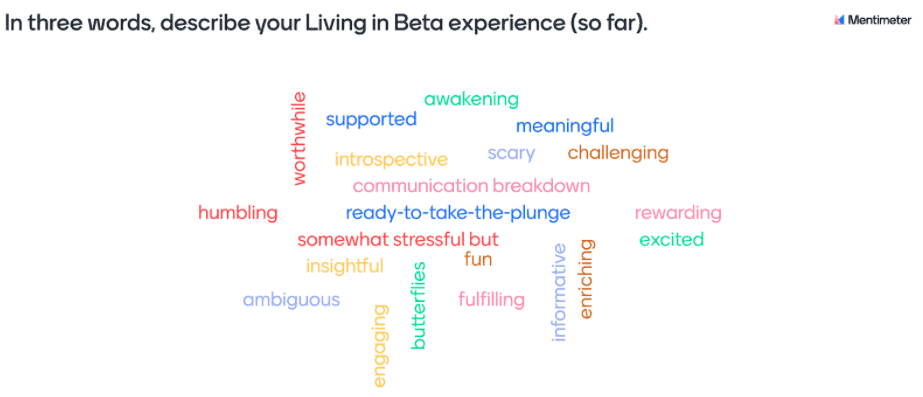
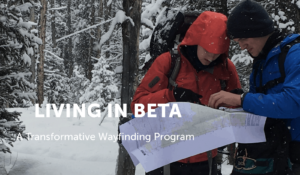
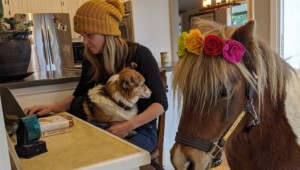
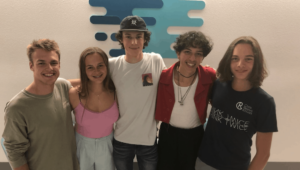
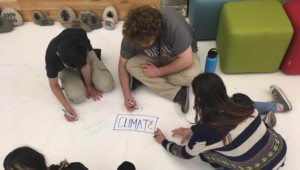
0 Comments
Leave a Comment
Your email address will not be published. All fields are required.